‘Sound Of Freedom’ Actor Jim Caviezel Explains How Playing Tim Ballard Changed Him As A Person
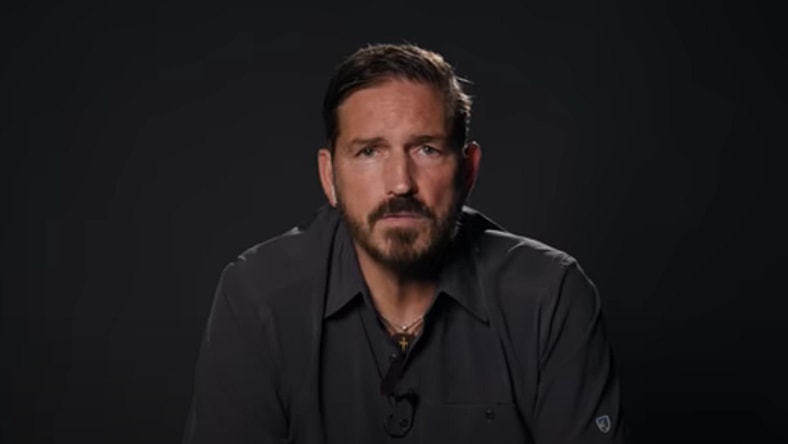
Sound of Freedom actor Jim Caviezel recently explained how taking on the role of Tim Ballard and confronting the horrors of child trafficking changed him as a person.

In an interview with Jordan B. Peterson, Caviezel was asked, “How has this changed you? How has experiencing that material and having to play it out changed out?”
Caviezel responded, “I’d give my life in a heartbeat. Changed me? I’m less concerned about myself. I will tell you this right now, I would absolutely die.”
“If this were to change the world and get rid of trafficking and pornography and all of the eight arms of this octopus that has to be destroyed, the only way you can destroy it is to take the head out, if that hit, I’d give my life for it in a heartbeat,” he declared.
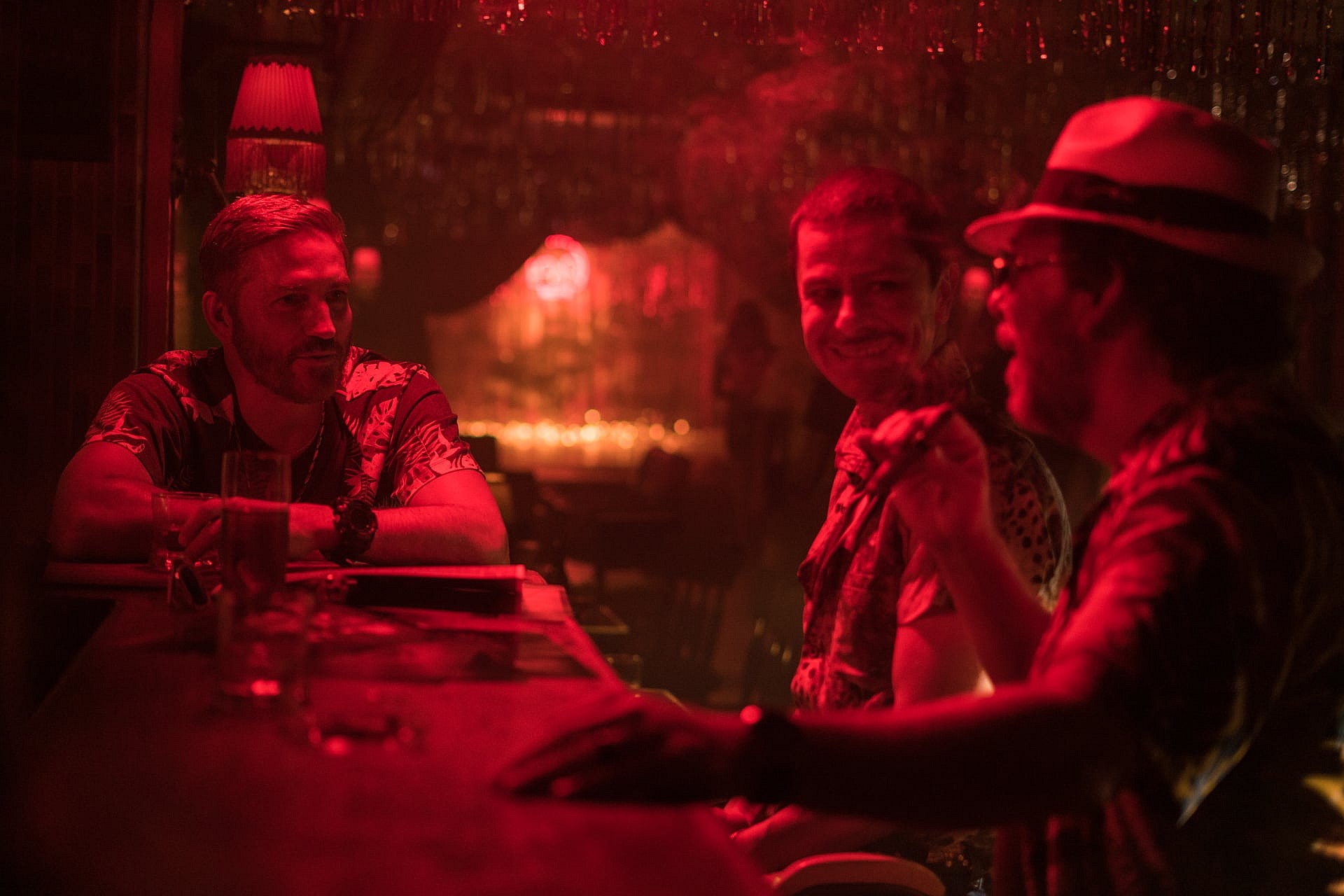
Earlier in the interview, Caviezel was also asked about how he prepared for the role and the subject matter it entailed, mainly confronting the great evil that is human trafficking.
He detailed, “My job is to give what I know to be absolutely certain and real. I hooked into Tim as a childlike quality to him, and I stay with that innocence. And don’t take that innocence as weakness.”
“So when I read the Scripture I feel truth: good, evil. And I find the good and let that just pierce the darkness. And it has to pierce. And I know what that light and I know that deception that when I start hearing about-. For example, in your life– there’s two masters here. One is from the evil, wickedness side, but it comes in through your ego. And the other one is the light side that tells you what you might not want to heat, but you ought to hear. And it’s not manipulative; it’s truth. So I go to that side. Then I pray that I go through it.,” he relayed.
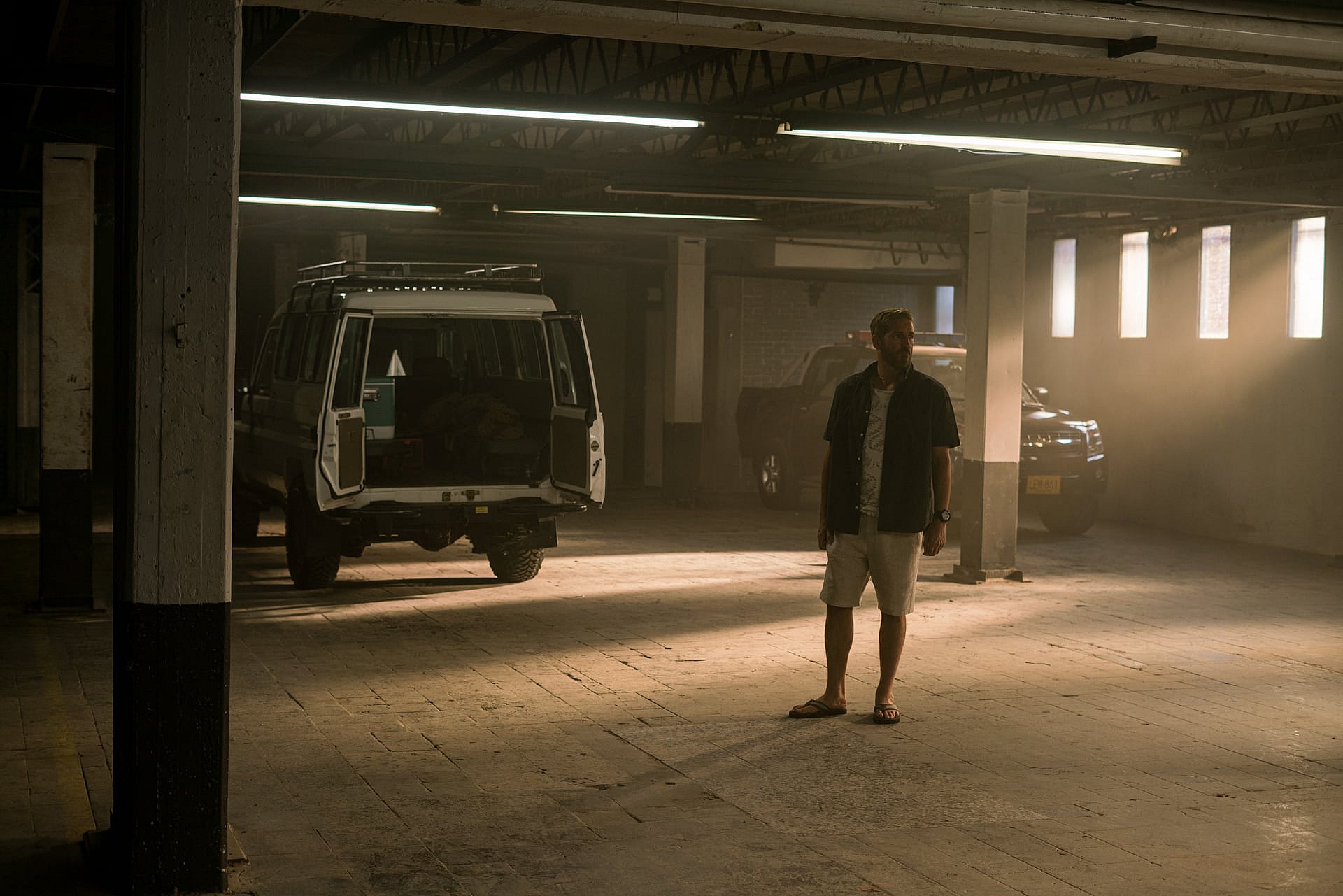
Caviezel elaborated, “Like The Passion of the Christ, I looked at the Shroud of Turin. And there were two men Christian Tinsley and Keith Vanderlin, who are experts in makeup. Both of these men were agnostic and they looked at the Shroud that Mel Gibson presented to them. … However, they were able to show it you can see the track lines of Jesus. You can see the actual bamboo sticks that they used to initially hit him and then you see the cat of nine tails. The track lines. They look like the Grand Canyon in your skin. And it shocked them. Now, these guys look at everything from decapitations, murders, and everything.”
“Prior to this, I did a movie a long ago in New York and I was with homicide, and I got to see the contortion of a face when someone gets murdered. And it’s hard to watch,” he said.
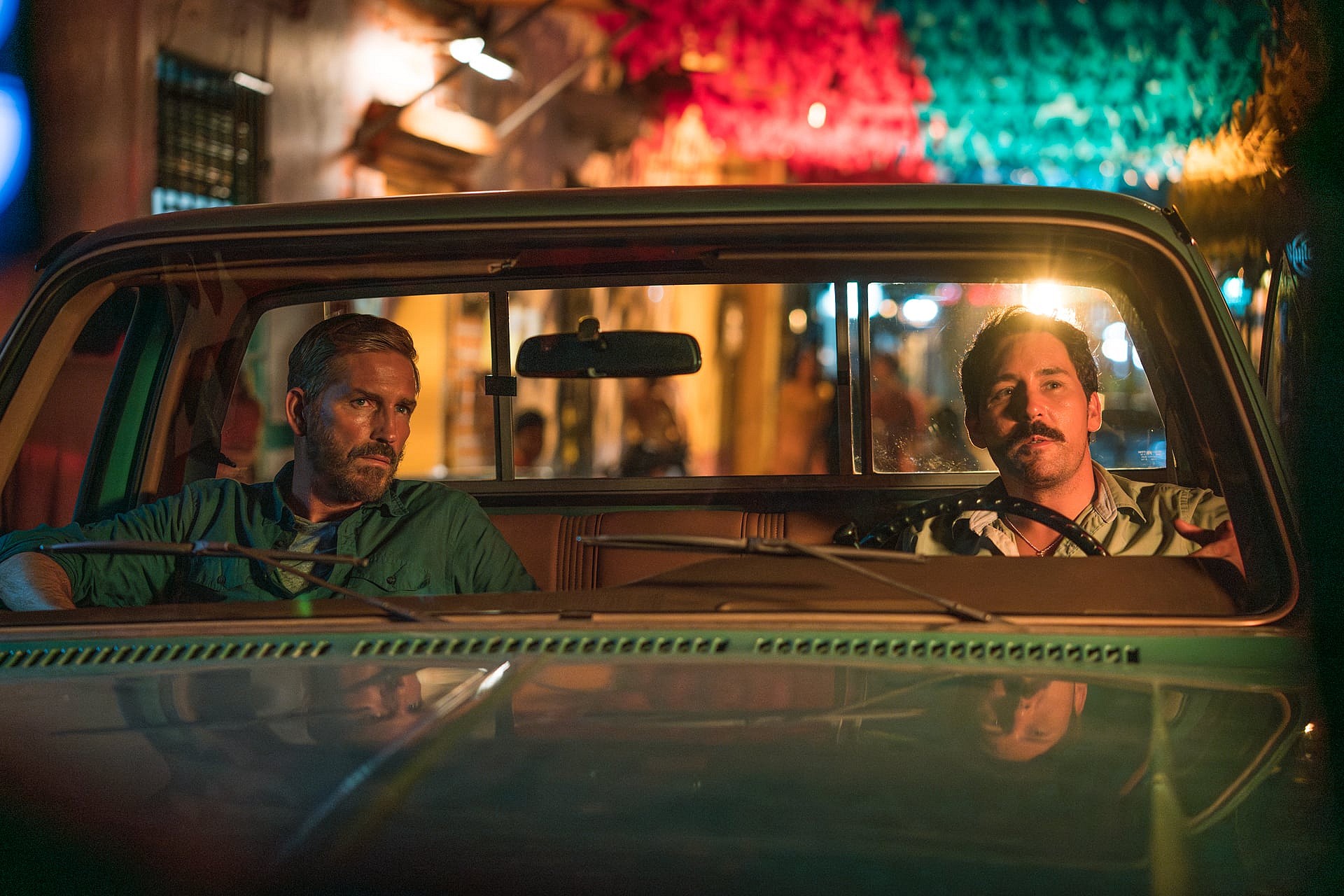
“But when you start going into this, which is children, there is something that I can’t even fathom — even with the protection of Almighty God — because it took me two years to get over this,” Caviezel told Peterson. “A friend of mine Debbie came into the room and at around three o’clock in the middle of the night. I was in a chair and she heard me just weeping. Now, I would go into these black holes and I have no idea, I don’t remember it. But this was all of the screaming that I had to hear. I didn’t want to hear it, but I had to hear it.”
“And then I was able to transform that into the movie that you just saw when I asked Alejandro Monteverde, to move [the camera], to our [Director of Photography] to take it and show him my eyeball so you would see a 20-foot eye to see what Tim goes through to rip his heart out,” he explained.
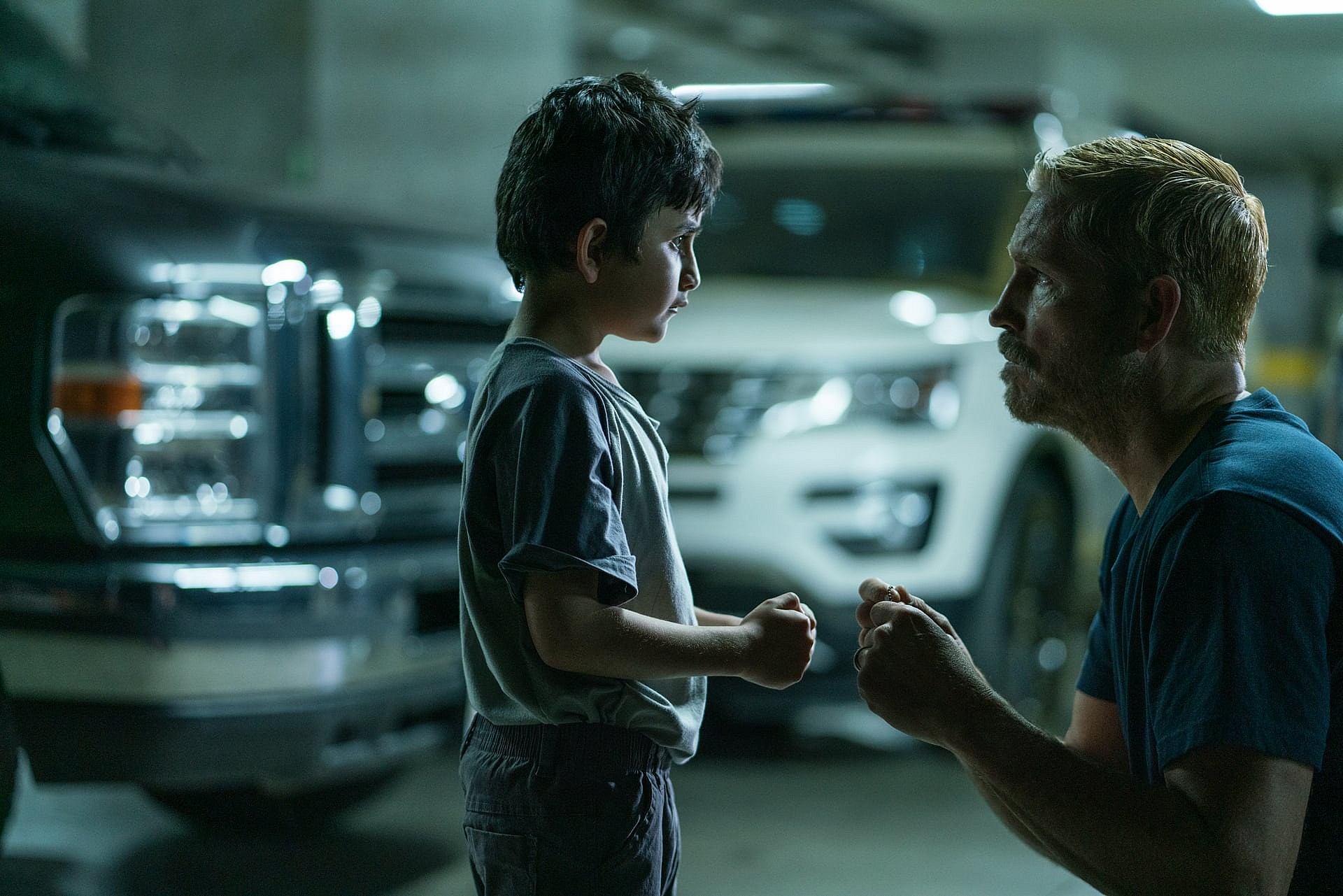
Caviezel went on, “Now, it’s not like this is what I want to experience any more than I want to get on a cross and have my heart broken. I went through hypothermia. I had to have open heart surgery. I was electrocuted, struck by lightning. I understand the necessity of what I was going to have to go through could help bring people back to God to wake them up.”
“And quite frankly more people now, Jordan, are more afraid of the devil than they are of God because they want a happy Jesus,” he asserted. “The problem is, Jordan, we all are going to die. Eventually that that is going to happen, but the power of the devil deceives to say, ‘No, no. You’re going to be around for a long, long time.’ And they never wake up. And eventually there’s a judgment and then you have to decide or God decides. Not how you want to see yourself anymore, but how God sees you and how God sees you is who you really are.”
“So that’s how I chose to go at this particular case,” he continued. “I had no choice but to go in. And I hear the screams in my heart. I hear the scream because the agents that I got to work with got to show me things. And one particular time he says, ‘Are you sure you want to go further?’ But I was weeping so hard. I said, ‘This is what Tim goes through. This is what I got. I got to see it in order to into there to take people to a level of will you do something. Will you do something? At some point it ends for all of us.”

“So the pain in my heart is much better than the pain in the future,” he detailed. “And if I have to see that to save my children, to motivate me to save my niece, to tell my sister, ‘No, walking home at 13 years old from school is not a good choice. Not a good choice.’ My sister says to me, “I want my daughter to have the same kind of experience I have.’ And I said, ‘No. Not until this changes. You need to understand.'”
“Anne, my sister, is a good, great mother, but she wasn’t aware because the media that’s supposed to do a good job to tell the truth, well, they’re going into that direction which is let’s kind of twist it and change it and not talk about it,” he concluded.

What do you make of how filming the Sound of Freedom changed Jim Caviezel? What about how he approached the role of Tim Ballard?
NEXT: Jim Caviezel Responds To Critics Attempting To Lampoon ‘Sound Of Freedom’: “They’re Scared”
